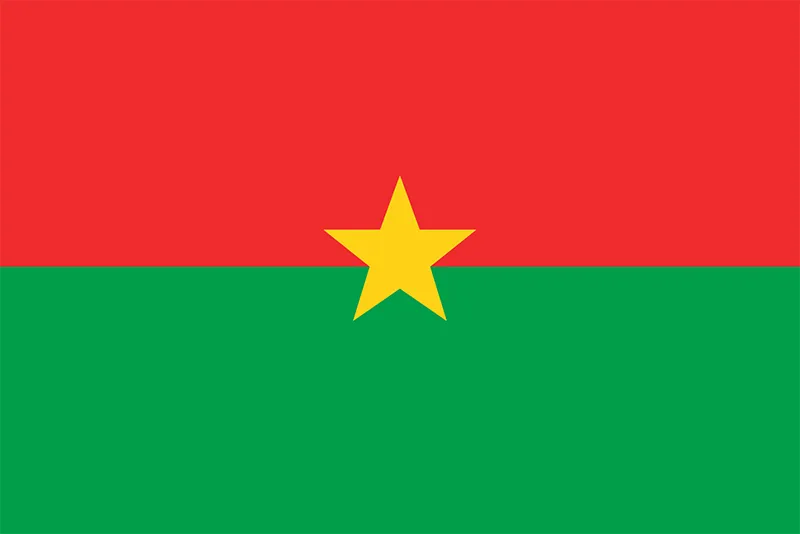Burkina Faso has made the alarming announcement that it plans to reinstate diplomatic ties with North Korea, despite the country being one of the most isolated and heavily sanctioned nations in the world. The decision to re-establish diplomatic relations comes after Burkina Faso cut off ties with North Korea in 2017 in compliance with the United Nations Security Council’s sanctions against Pyongyang’s nuclear weapons program.
The announcement was made at the conclusion of a Council of Ministers session, where Foreign Affairs Minister Olivia Rouamba stated that re-establishing diplomatic relations with North Korea would enable the two countries to work collaboratively in several key areas, including military technology, mining, healthcare, agriculture, and scientific exploration.
This decision has been met with widespread criticism, with many people expressing concern about the implications of Burkina Faso’s move. North Korea is known for its human rights abuses, and its nuclear program remains a major concern for the international community. Re-establishing diplomatic ties with North Korea could be seen as legitimizing the country’s nuclear program and could lead to criticism from other countries in the region.
Burkina Faso‘s decision to re-establish diplomatic ties with North Korea could also be seen as turning a blind eye to the country’s support for authoritarian regimes around the world. North Korea has a long history of providing military and technical support to countries with poor human rights records, such as Syria and Iran.
Furthermore, there are concerns about the appointment of Chae Hui Chol as North Korea’s ambassador to Burkina Faso. Chol is a relatively unknown figure, and there are concerns that he may be sent to Burkina Faso to advance North Korea’s interests rather than to establish mutually beneficial relations between the two countries.
The appointment of an unknown and potentially unscrupulous ambassador is a worrying sign that Burkina Faso may not fully understand the implications of its decision to re-establish diplomatic ties with North Korea.
The decision to re-establish diplomatic ties with North Korea also raises questions about Burkina Faso’s relationship with its former colonizer, France. In response to terrorist attacks carried out since 2015, Burkina Faso’s head of the ruling junta, Capt. Ibrahim Traore, has chosen to expand the country’s connections to bolster its counter-terrorism efforts. As a result, Burkina Faso’s interim government cancelled its armed forces agreement with France in January.
Some experts have noted that France is attempting to strengthen its power by forging diplomatic ties with countries it previously ignored, and that the decision to re-establish ties with North Korea could be seen as part of a wider effort by Burkina Faso to reduce its reliance on France and to establish new alliances with other countries.
The decision to re-establish diplomatic ties with North Korea is a significant development in Burkina Faso’s foreign policy, and it could have dangerous implications for the country’s future. While there may be potential benefits to renewed relations with North Korea, such as collaboration in healthcare, agriculture, and scientific research, there are also significant risks associated with the decision.
North Korea’s nuclear program, its human rights abuses, and its support for authoritarian regimes around the world are all causes for concern, and Burkina Faso’s decision to re-establish diplomatic ties with the country could be seen as a legitimization of these issues.
It remains to be seen how the renewed diplomatic ties will play out and whether they will ultimately be beneficial for Burkina Faso and its people. However, given the significant risks associated with this decision, it is clear that Burkina Faso must proceed with caution and carefully consider the implications of its actions.
The international community must also pay close attention to the situation and take appropriate measures to ensure that the risks associated with Burkina Faso’s decision are minimized.





